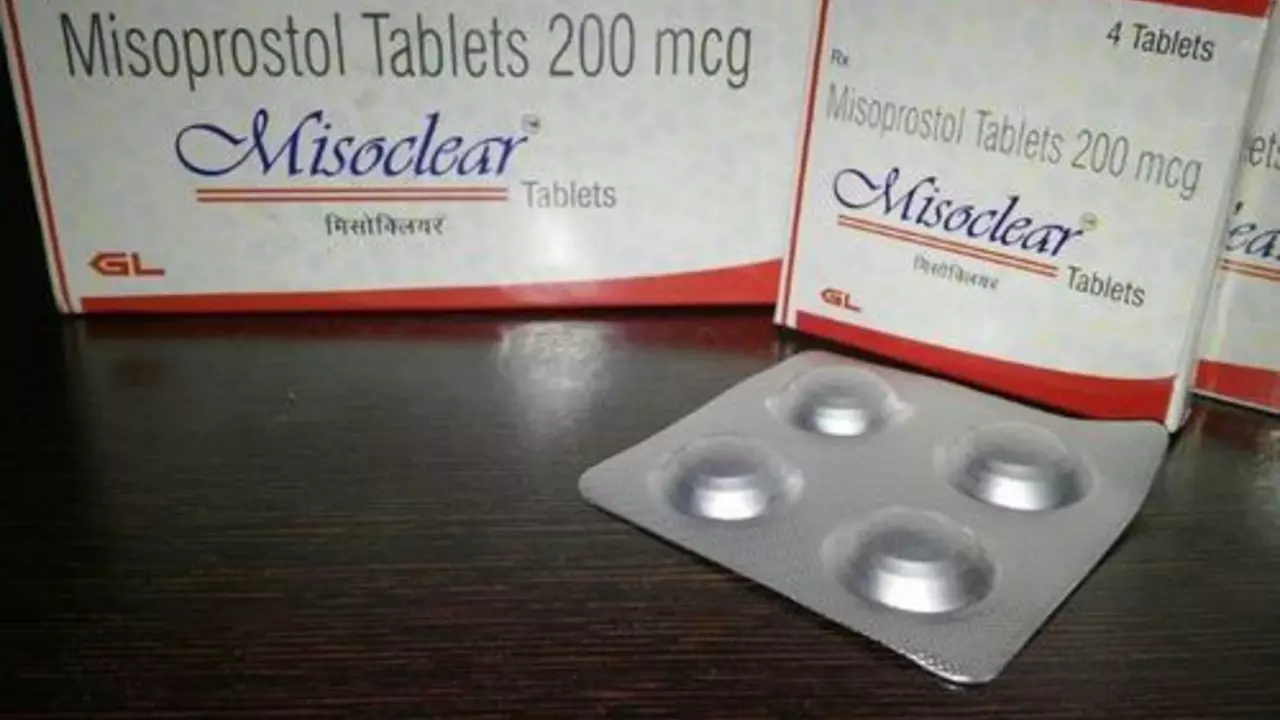Misoprostol: What it is and why people use it
Misoprostol is an affordable medicine with a few very different jobs. Doctors use it to protect the stomach from ulcers caused by NSAIDs, to help control heavy bleeding after childbirth, to induce labor, and—together with another drug—to complete a medical abortion. Because it acts on the uterus and the stomach, the way you take it and the risks depend entirely on the reason you’re using it.
At its core, misoprostol is a prostaglandin-type drug. That means it can cause uterine contractions and increase fluid secretion in the gut. Those effects are useful in care settings, but they also cause the most common side effects like cramping and diarrhea. Knowing what to expect helps you avoid scary surprises.
How people take misoprostol and what to expect
There are several routes: oral, vaginal, buccal (inside the cheek), and sublingual (under the tongue). The route and dose depend on the use: stomach protection, labor induction, postpartum bleeding, or medical abortion. Always follow a clinician’s directions—timing and route matter for safety and effectiveness.
Common side effects are abdominal cramps, bleeding or spotting, diarrhea, nausea, fever, and chills. For uses involving the uterus, heavy bleeding and strong cramping are expected to some degree. Call your provider if bleeding soaks a pad every hour for multiple hours, if you have a high fever that doesn’t respond to acetaminophen, or if you feel faint or dizzy.
Misoprostol isn’t for everyone. If you don’t want to end a pregnancy, avoid it. People with certain heart or lung conditions, or who have had allergic reactions to similar drugs, need a medical review first. Tell your healthcare provider about all medicines you take, though misoprostol has relatively few major drug interactions compared with many other drugs.
Getting misoprostol safely
Always use misoprostol under medical guidance. That means a prescription when required and clear follow-up plans. If you’re buying online, check the pharmacy’s credentials: a physical address, verifiable phone number, and clear return or contact policies are basic signs of legitimacy. Beware of shops that offer prescription-only drugs with no paperwork or push unusually low prices—those are red flags.
At Shiner Family Pharmacy we recommend asking questions before you buy: Who will answer your clinical questions? What are the shipping and return terms? Is the product packaged and labeled correctly? If anything feels off, stop and talk to a pharmacist or your clinician first.
If you have more questions about misoprostol or need help finding a trustworthy pharmacy, contact us. We can point you to reliable information and explain how the drug is used safely in different situations.

